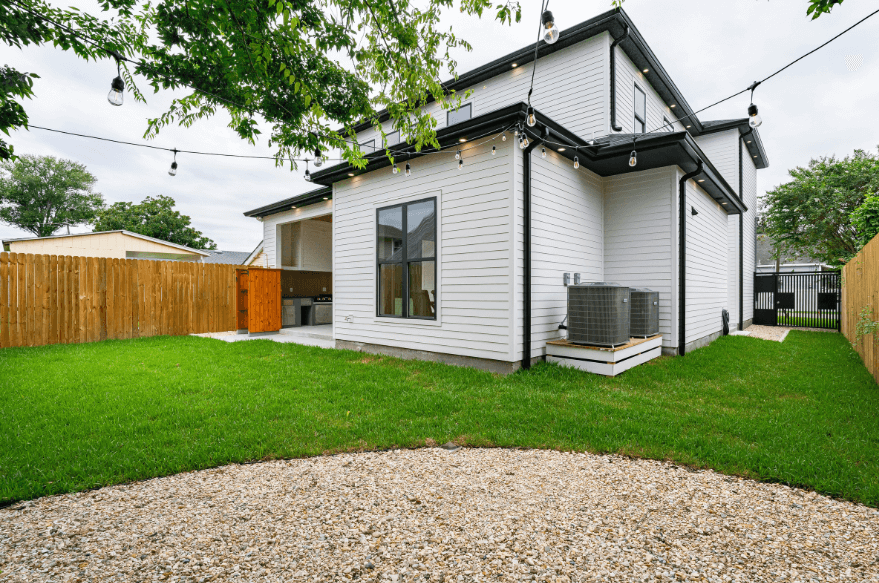
There are numerous pre-construction issues to consider before acquiring a commercial or residential building certification approval in Brisbane or the Gold Coast, where different standards are set for obtaining one, in each city, suburb and zone. Some plan reviews, approvals, permissions, and licenses are required before a project can start, while others are needed during construction, yet they are all required before a building may be occupied and used for its intended purpose.
Most domestic building projects require building approvals (or building permits) before construction can begin. Building Certification functions and inspection requirements are covered by the Qld Building Act and the Qld Building Regulations. This outline contains some of the details on the functions of building certifiers, competent individuals, and cadets when you require approvals and the several inspection stages.

An applicant can be an owner, the builder or construction project manager and they are involved in the coordination of all the moving pieces of a commercial or residential project, including the building approvals process. The goal of the building certifier is to assess an application, issue a building approval and then inspect the building, so that the final building is compliant, meets all of the Australian National Construction Codes, any local town planning and building regulations and Australian Standards. To provide a building that can be occupied for its purpose and so that it is safe for people to work, rest and play. In order to start the commercial or residential building approval process you need to first get a quote for an application. You need items that comply with Qld development rules & there are a couple of minimum items required to start:
Although the owner/applicant is responsible for providing these elements, they typically rely on the architect or designer to create the drawings and the contractor/builder to secure most of the building approval documents. After the initial evaluation a quote will be provided, if the applicant decides to proceed with the building approval application, then the following approval procedure will be required. The following is a list of common documents required to be considered a properly made application and before any assessment by a building certifier can proceed:
All plans must be provided to meet the following Qld Government guide.
DA Forms Guide: Relevant Plans
Once all the documents are received, an initial assessment is conducted. If the project complies, then a building approval can be issued. If the project does not comply, then a further request for information or amendments may be required, before a building approval can be issued. Once the building approval is issued construction work can begin onsite, then the subsequent next phases are required. Mandatory inspections are to be completed by the building certifier and/or competent persons throughout the construction time frame, certificates for completed subcontractors works are to be collected. A final inspection is to be completed by the building certifier. If the inspection meets compliance, all conditions are complied with and all certificates are provided, then a final inspection certificate or occupancy certificate can be issued. This is sent to the owner, and also then archived with the local council.

In Qld and in urban city areas your local government do not issue building approvals any longer. You will need to engage a private building certifier to grant you a building approval in most council areas. Here are their responsibilities:
A private building certifier may cost upward of between $2000 and $2600 for a small residential project . However, this does not include any of the council fees and can be much higher depending the complexity, type and size of the construction project.
Depending on the type of application submitted, the approval process may take some time. If a local council town planning decision or other pre-approval is required, this can delay the application. Once all reports, decisions and other approvals and documents have been received, an application can take up to ten business days to be assessed.

A building approval in Brisbane or on the Gold Coast is required for any development (construction works) that entails carrying out building work under the Planning Act of 2016 (PA) and special building regulations.
Building approvals in Brisbane and Gold Coast must be evaluated under Queensland’s building and plumbing codes and the Australian Building Code (Volumes 1 and 2 of the National Construction Code). These laws and rules cover things like whether the structure:
Building legislation calls for different technical inspections at various phases of the building process, including completion, though building approvals are typically only granted once for a single structure or building.
A private certifier must file building approval documents with the local council under the Planning Act of 2016 and the Building Act of 1975. A building certifier/surveyor is also responsible for submitting information to the council regarding lapsed building approvals, enforcements, non-compliance and non-approved buildings works.
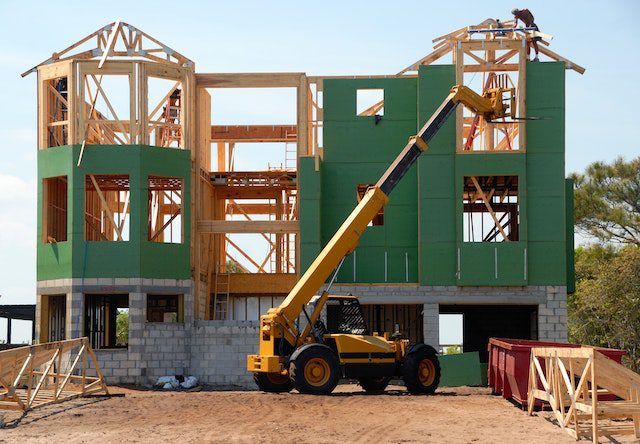
If your project requires a building approval under the legislation and you begin work without one or violate the terms of your building approval, you are breaking the law.
Selling the structure and obtaining insurance will be challenging in light of this. The consequences can include up to $200,000 in fines for building without council approval issued by local council authority and possibly the removal of your completed work.
If the local council authority or QBCC discover that you are building without permission, the council may send you a Show Cause Notice , which requires you to do one of the following:
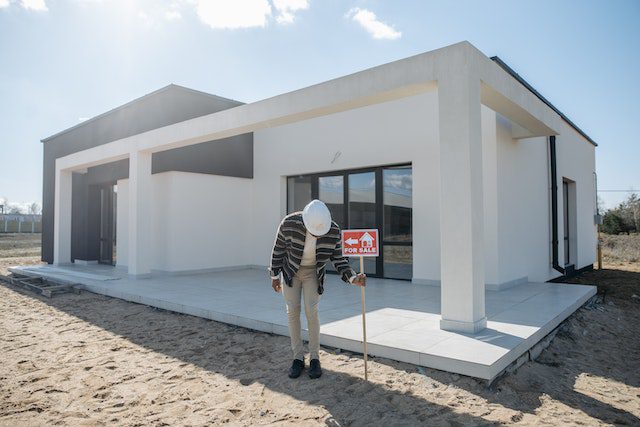
If you are a seller and you are aware that a portion of the building lacks approval, you should make that information known. If the buyer is unconcerned, you can include a special clause to the contract stating that the buyer understands that building approval has not been received for that portion of the house and that they will not object.
According to the law, you must give the buyer a notice that includes the following information before they sign the sales contract:
This notice shall be delivered in two copies to the prospective purchaser. On or before signing the contract of sale, they must complete one copy and return it to you (the seller).
If you don’t give the prospective buyer this notification, the law will infer you’ve offered a warranty that the building work was done correctly, and you could be held responsible for any future building flaws. So, it would be best to get legal counsel and a building certification if you plan to sell an owner-built house.
Whether you’re working on a substantial commercial development or a little home project, avoiding the hassle and potential fines for building without council approval is crucial. We can help you obtain the commercial and residential building approvals, as well as development approvals, that you need to start your project smoothly.
TSC Group provides knowledgeable and efficient services in consulting, and building certification in Brisbane, Gold Coast, and Queensland.
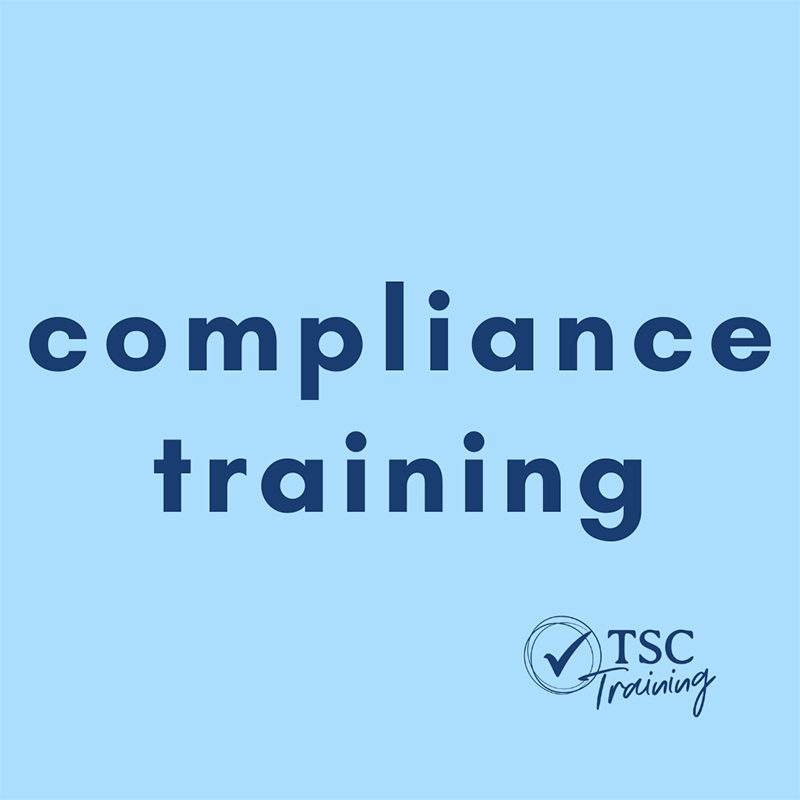
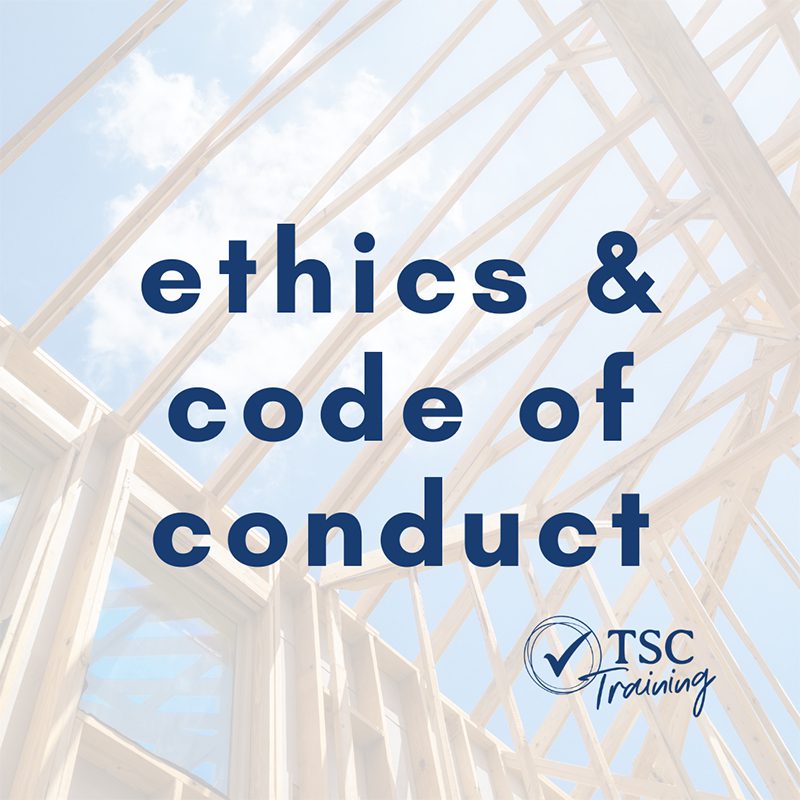

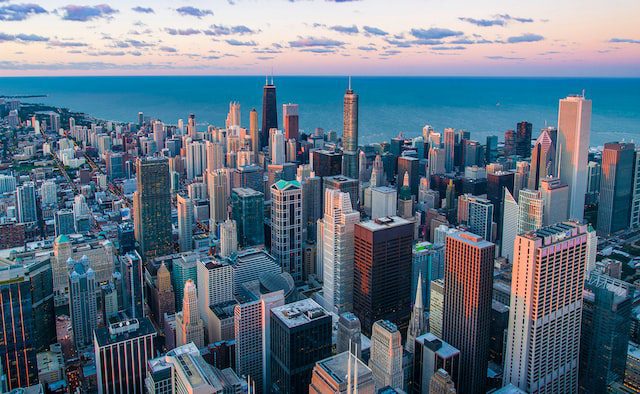
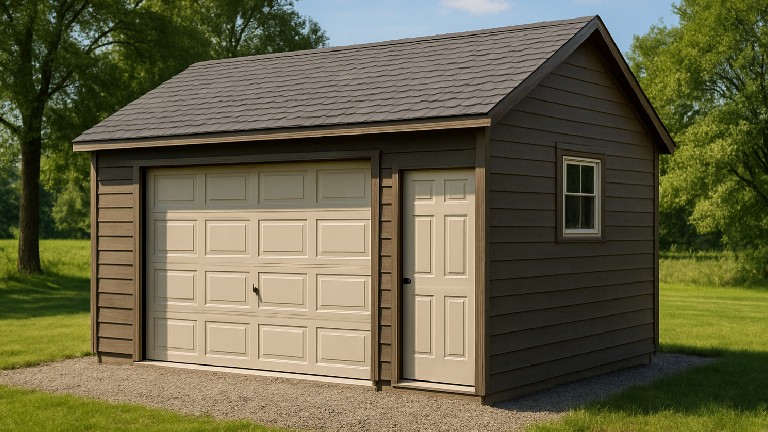

Subscribe for helpful updates from TSC Group.
We are currently taking expressions of interest for this product.
Please leave your name and email and will be in touch when this product is available for purchase.